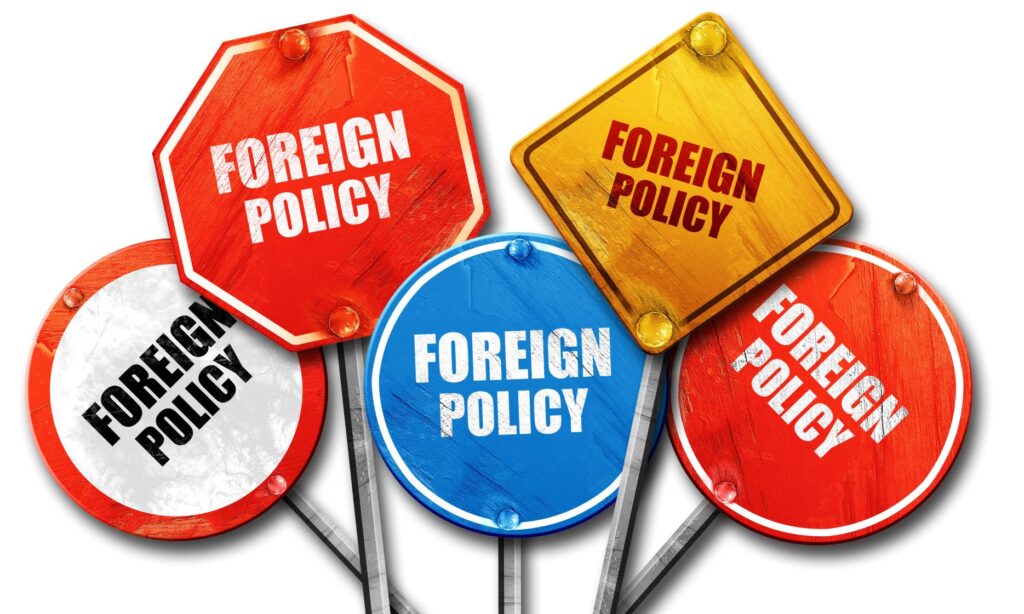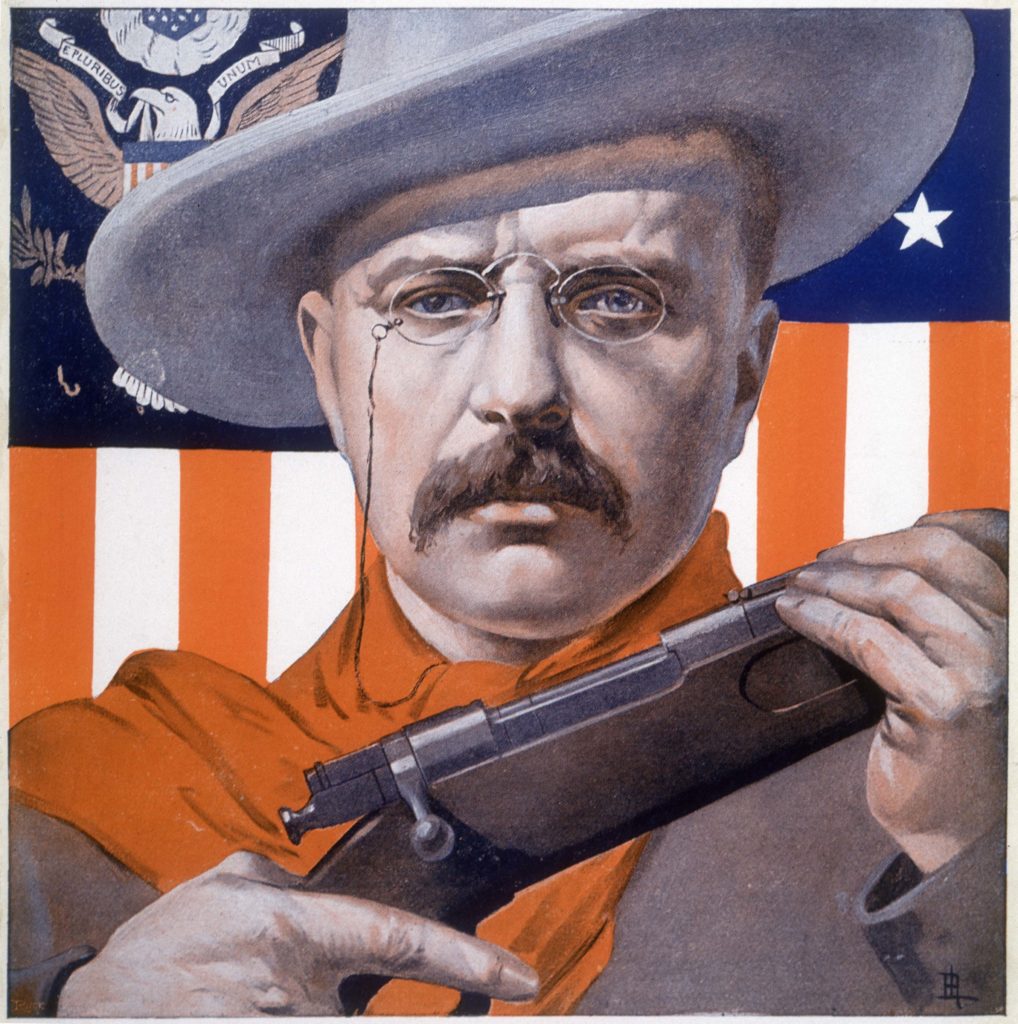
Joe Biden arrived in Washington promising a plethora of conflicting foreign policy goals. Much was made of a new “foreign policy for the middle class”, which appeared to be a rejection of the old liberal hegemonic model of his predecessors Bush and Obama. Yet Biden also claimed “America is back” to being an international leader throughout the world. Climate change also was supposedly a driver, as well as the old Obama Administration “pivot toward Asia”. These priorities have now been eclipsed by the Russian invasion of Ukraine and the Administration’s stated goal of weakening Russia. If Ukraine and Europe remain the top priority, this new priority will prevent any real progress on any other foreign policy goals.
The administration’s focus on defeating Russia in Ukraine conflicts with the rest of the world’s more pressing priority of ending the war as soon as possible. For developing nations, the war is causing a hunger crisis that threatens their people’s lives and national stability. Russia and Ukraine supply 28% of the world’s wheat exports, 29% of barley and 15% of maize. They are also leading exporters of potash and fertilizer, which allows other nations to grow their own food. Ukraine itself provides the calories necessary to feed 400 million people (see the recent leader in The Economist magazine “The Coming Food Catastrophe”). In response, India and other nations are embargoing the export of domestically grown wheat and other foodstuffs in a move reminiscent of protectionist measures taken during the early months of the COVID-19 pandemic.
Moreover, the call to uphold the international rule of order rings hollow with nations that experienced invasion and conquest by western nations in the past. Whether it is China, India or other countries, they remember their colonial past and do not believe that they should sacrifice trade and other relations with Russia for a far-away conflict. As I mentioned in this previous post, their past has made them the ultimate realists dedicated to preserving and building their own sovereignty against more direct threats.
President Biden’s Russia-Ukraine myopia also weakens the effort to respond to more direct challenges. Japan, India, Indonesia and Southeast Asia nations are more concerned about the threat from China than Russia. They are undoubtedly wondering if the vaunted pivot to Asia has now turned 180 degrees towards Europe. Latin America also needs our attention and is equally unconcerned about Ukraine. Indeed, Russia has threatened another Cuban missile crisis by proposing to station military assets with fellow anti-American authoritarian regimes in Cuba and Venezuela. A policy centered on Ukraine may thus result in a direct strategic threat to the American homeland.
Washington’s obsession about Ukraine thus endangers its ability to achieve other critical foreign policy objectives. It makes it more difficult to recruit developing countries to fight climate change and protect America from real national security threats. Something will have to give. At this point, the climate change agenda is most at risk. The only other way to accomplish all of these objectives is to paper them over with billions of American budgetary dollars. Russia’s invasion highlights the need for increased domestic commitment on the American home front, but a spending spree of that scale currently lacks any real American public support and could endanger our own economic goals. If the Administration wants to take that road, it must prepare the American people to make significant sacrifices in taxes, spending and domestic policy. The choices this may entail will be the subject of the next article in this series.


